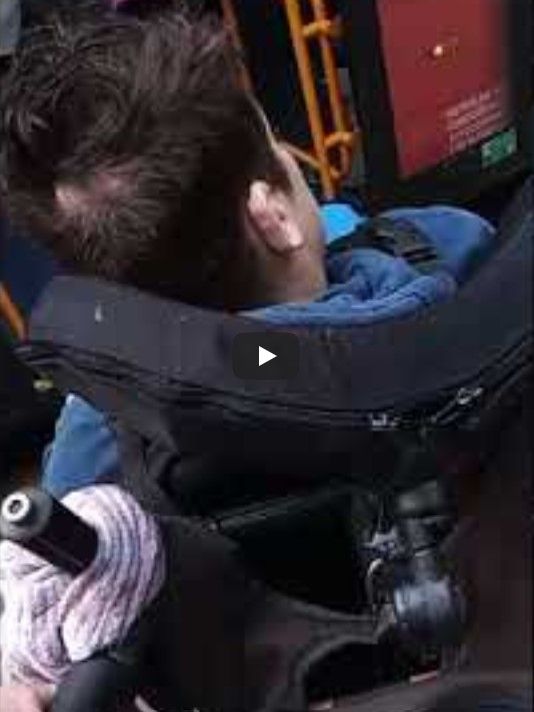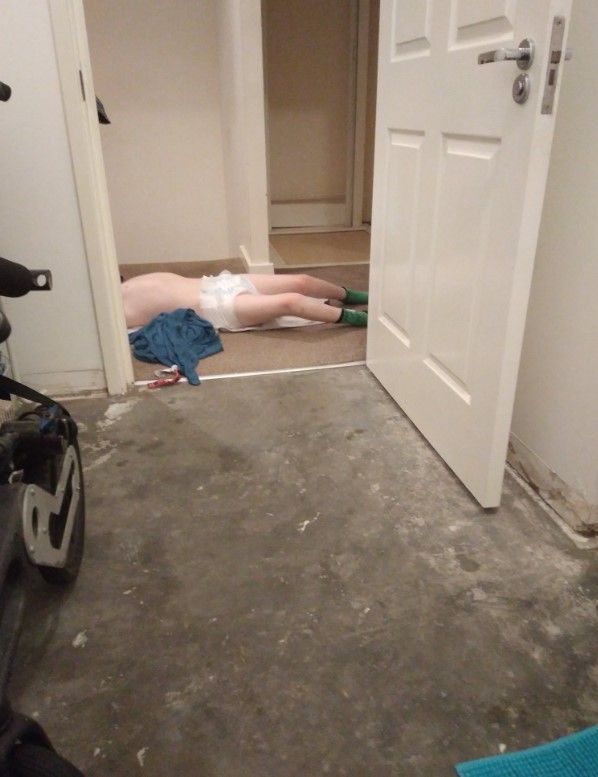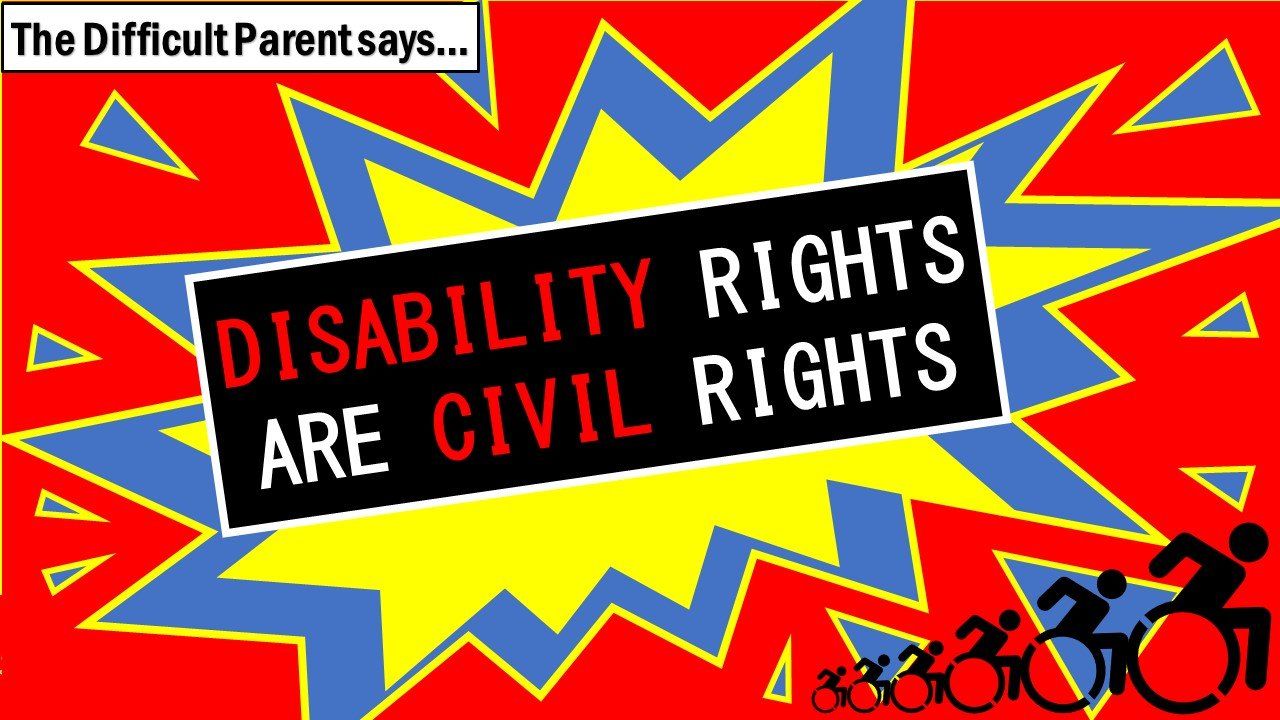Lemons and Apples - a love story
- By The Difficult Parent
- •
- 12 Oct, 2019
- •
The recent Haringey CCG Public Meeting was not that great. The CCG seemed to be in comedy night mode with stand-up anecdotes about The Long Term Plan, Physicians Assistants and Primary Care Trusts, but no substance or space for questioning. When we asked about GPs and Physicians Assistants we were told we were asking them to compare Lemons with Apples. Here is our response to that...
I have just added this from one our more learned readers: The NHS Guidance on this. You can either copy and paste this link into your browser or use the link that I have added in the Facebook comments at the end of the blog https://www.england.nhs.uk/participation/involvementguidance/
Due to a lack of GPs you may end up seeing a Physicians Assistant rather than a GP when you visit your surgery
I found the CCG were reluctant in all forums to respond to these questions. When we asked the speaker these questions, we were told if we wanted to ask questions we should do it during the table discussions.
When we asked at our table during the 'table discussions' we were told it was like comparing Apples with Lemons -and that can't be done!!! A response we found to be quite rude.
- What is the impact on patient safety?
- Have trials been run?
- What are the results of the trials?
But you can compare Apples and Lemons ... ... here's what that might look like
Access to the venue wasn't great
Let's see how our amorous fruit dealt with the access arrangements
This is a pretty accurate reflection of how the information was put across at the meeting - and how the questions from the floor were received. All so awful that you have to laugh really...
OK... ...a little flight of fancy involving Apples and Lemons...
A flight of fancy that gets us to the Accessible Changing Room for people with severe disabilities (Yes I know - it's a bit of artistic licence)
So, did the Apple and the Lemon get it together? And how did they feel about it the next day? (I might have lost the plot a bit)
So... I shall compare GPs to Physicians Assistants (PAs). They (PAs) are not as qualified, have received substantially less training and are currently unregulated.
The citizens of Haringey should have been properly consulted before this change was made - so that we can give / refuse to give our informed consent to being treated by someone with a biology degree and 48 weeks training instead of a GP
Oh... and I made a formal complaint to the CCG (and the CQC, just in case the CCG are still unable to treat patients well!)
Dear Haringey CCG,
Re: Haringey CCG’s Annual Public Meeting
The NHS Constitution states: ‘You have the right to be involved, directly or through representatives, in the planning of healthcare services commissioned by NHS bodies, the development and consideration of proposals for changes in the way those services are provided, and in decisions to be made affecting the operation of those services.’
I am writing to you today regarding 4 aspects of the CCG public meeting on Thursday 19th October. The event was advertised on your website as follows:
“The meeting will focus on how we can all work together – health, voluntary and community sector, Haringey Council, Healthwatch and local residents – to improve health and care services in Haringey. You’ll have a chance to share your ideas and experiences, meet local GPs and representatives from the Council and voluntary sector, plus ask us questions about the work we do. There will be an afternoon session from 2:00pm - 4:00pm (refreshments from 1:30pm) and a repeat session in the evening from 6:00pm - 8:00pm (refreshments from 5:30pm). Everyone in Haringey is welcome! Register here: https://www.eventbrite.co.uk/e/haringey-ccg-public-meeting-thursday-10-october-2019-tickets-70925723749 The venue is accessible for all visitors but please do let us know if you have any special access needs. There will also be a BSL interpreter at the event. For more information please contact us on harccg.comms@nhs.net or 020 3688 2729”.
The four aspects that concern me related directly to the above advertisement from your website:
1. The meeting will focus on how we can all work together – health, voluntary and community sector, Haringey Council, Healthwatch and local residents – to improve health and care services in Haringey.
2. You’ll have a chance to share your ideas and experiences, meet local GPs and representatives from the Council and voluntary sector, plus ask us questions about the work we do
3. Everyone in Haringey is welcome!
4. The venue is accessible for all visitors but please do let us know if you have any special access needs.
Taking each of these concerns in turn
The meeting will focus on how we can all work together – health, voluntary and community sector, Haringey Council, Healthwatch and local residents – to improve health and care services in Haringey.
Reflecting on the words of The NHS Constitution: ‘You have the right to be involved, directly or through representatives, in the planning of healthcare services commissioned by NHS bodies, the development and consideration of proposals for changes in the way those services are provided, and in decisions to be made affecting the operation of those services.’
The purpose of the meeting was unclear and the meeting lacked substance. It came across as a ‘stand-up routine’ from a member of the CCG followed by table discussions. We were briefly told about physician assistants in the following way:
The doctor told us that at first he was sceptical about physician assistants, but now he’s fine about them. What you’ll do is be able to see a physician assistant and they will be able to tell you that rash is measles, chicken pox or something else.
He seemed to be taking a very light hearted approach to a significant change in GP provision. When asked substantive questions from the floor about the training, qualifications, oversight and professional standards the physician assistance would be required to meet; as well as professional registration and regulation, the doctor was less jolly and reluctant to discuss the details, stating these were questions for the table.
Substantive information regarding the details of primary care networks were similarly missing; as was the rational behind why 5 CCGs had to become 1 because this has to happen under the NHS Long Term Plan
You’ll have a chance to share your ideas and experiences, meet local GPs and representatives from the Council and voluntary sector, plus ask us questions about the work we do.
When it came to the table the discussions the GPs were unable to give any details on topics such as physician assistants, primary care networks, and became very cross when pushed, to the point where they threatened to leave.
The people at the table where I sat asked:
· Had there been any trials of any of the initiatives mentioned – physician assistants or primary care trusts? What were the outcomes of the trials – physician assistants / primary care trusts?
· What would be the impact on a patient experience of physician assistants / primary care trusts?
· What was the difference between a physician assistant and a GP?
Responses from the professionals’ present were:
· Yeah, maybe, something to do with a trial house (Non-professional: Do you mean the model hospital? Do you not think you should have brought those details to the discussion?)
· Well, we’ll write this down and put the answers on our website, like FAQs
· Well you are trying to compare apples and lemons, and that’s impossible. You know, what do you expect us to do? It not our fault there is a lack of GPs. What do you want us to do? How would you solve this then?
Everyone in Haringey is welcome!
The people on the table where I was sat were concerned about the lack of substance and asked if this is level of preparedness one would expect to see at a professional engagement with other doctors, or with people from a different socio-economic group or from a more affluent part of the borough.
The responses we got from the GP at our table where “If you don’t like it - I can leave. What is the point of me being here? Is there any point in me being here? Well I read the briefing papers. You seem to be putting everything in terms of a Marxist framework of the under-classes”.
The venue is accessible for all visitors but please do let us know if you have any special access needs.
The venue is not accessible to all.
1. There is one lift and the meeting was held on the first floor. It would have been more accessible had it been held at ground level.
2. The changing facilities for people with complex needs were unsafe, unhygienic and quite bluntly disgusting.
a. Filthy nappies with human excrement flowing from a nappy bin where the lid had fallen off.
b. Unhygienic, ripped and worn though changing bed where exterior plastic was cracked and torn through to the sponge was stuffing – a clear and undeniable infection risk at for a meeting where it was highly likely people with long term health conditions would be in attendance.
c. There was no soap in the soap dispenser.
What I would have expected from the meeting was
1. For the CCG to select a venue that was accessible and acceptably clean and not an infection risk to vulnerable attendees.
2. For the CCG to have clear purpose for a meeting whether that be information sharing or consultation. Well researched and prepared presentations that include:
a. Details of proposed changes: What the current situation is – number of professionals in each group in a primary care trust; why the changes are needed; the changes in details; evidence of trials and the outcomes of those trials
b. Impact of changes on patients: how will patients engage with the new systems; what are the impacts on patient safety; what are the benefits ad disbenefits to patients
c. After presenting the information, welcome questions from the floor so that all participants can clarify details.
3. Reach out to patients and patient groups to design the event to see what we would like from the meeting.
Yours
The Difficult Parent










